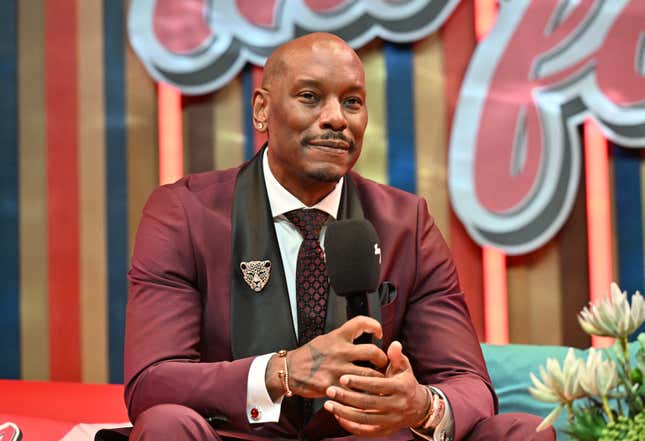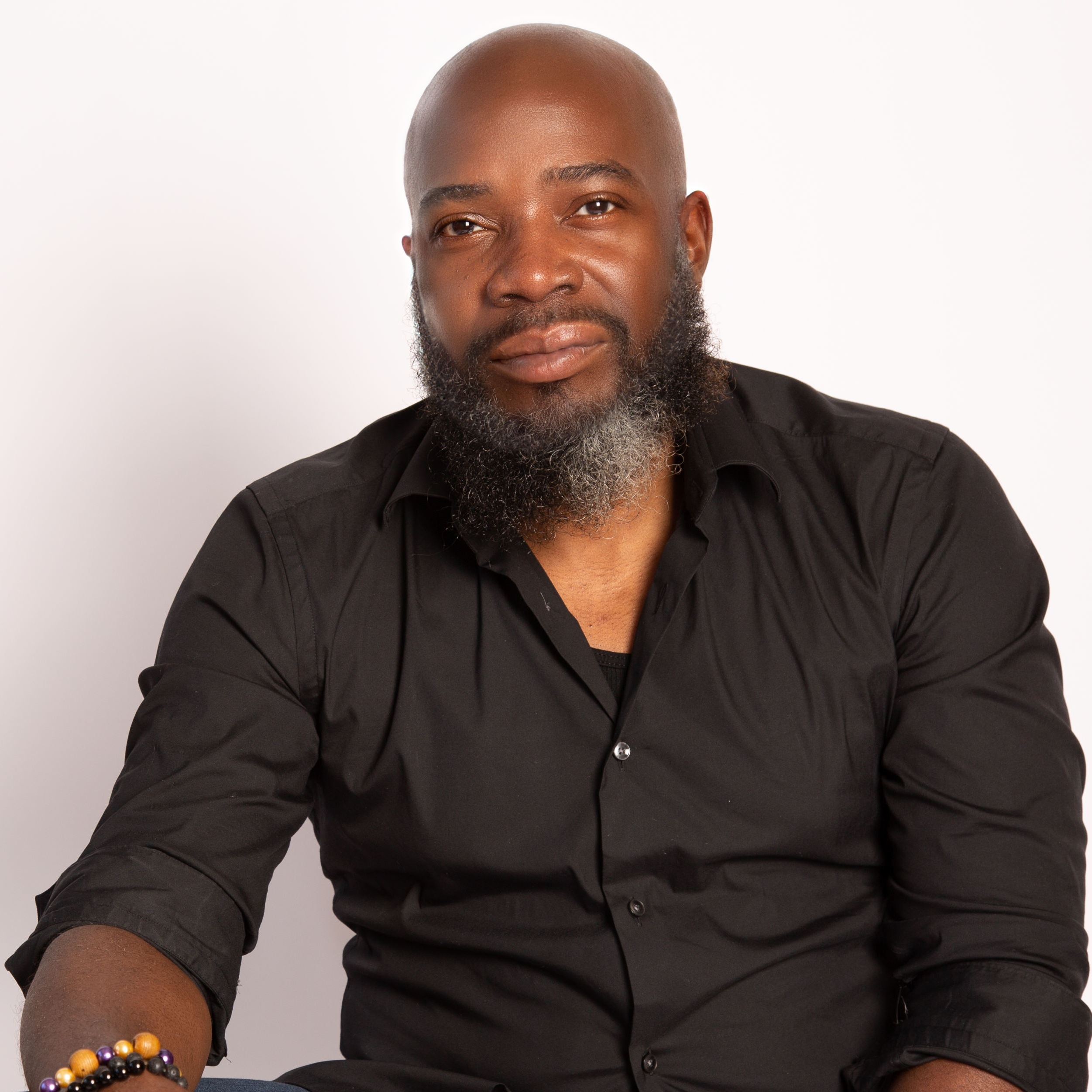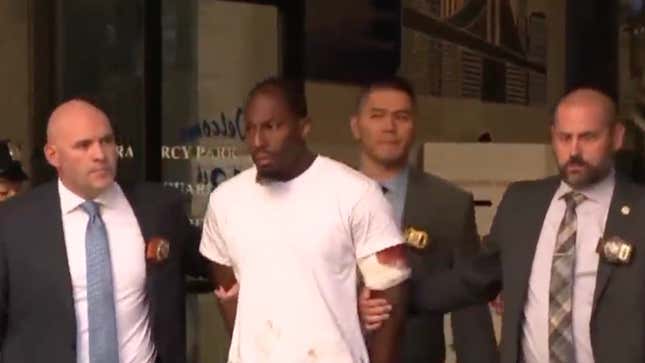Before he was suspended, Zaire Byrd was thriving. He acted in school plays, played on the football team and trained with other athletes. He had never been suspended before — he’d never even received detention.
But when Byrd got involved in a fight after school one day, none of that seemed to matter to administrators. Byrd said he was defending himself and two friends after three other students threatened to rob them. Administrators at Tri-Cities High School in Georgia called the altercation a “group fight” — an automatic 10-day suspension. After a disciplinary hearing, they sent him to an alternative school.
The experience nearly derailed his education.
“The last four years were a lot for me, from online school to getting suspended,” said Byrd, who started high school remotely during the pandemic. “I could have learned more, but between all that and changing schools, it was hard.”
In Georgia, Black students like Byrd make up slightly more than one-third of the population. But they account for the majority of students who receive punishments that remove them from the classroom, including suspension, expulsion and being transferred to an alternative school.
Those disparities, in Georgia and across the country, became the target of a newly energized reform movement a decade ago, spurred by the same racial reckoning that gave rise to the Black Lives Matter movement. For many advocates, students and educators, pursuing racial justice meant addressing disparate outcomes for Black youth that begin in the classroom, often through harsh discipline and underinvestment in low-income schools.
The past decade has seen some progress in lowering suspension rates for Black students. But massive disparities persist, according to a review of discipline data in key states by The Associated Press.
In Missouri, for example, an AP analysis found Black students served 46% of all days in suspension in the 2013-2014 school year — the year Michael Brown was shot and killed by police in that state, days after he completed high school. Nine years later, the percentage had dropped to 36%, according to state data obtained via a public records request. Both numbers far exceed Black students’ share of the student population, about 15%.
And in California, the suspension rate for Black students fell from 13% in 2013 to 9% a decade later — still three times higher than the white suspension rate.
Incremental progress, but advocates say bias remains
The country’s racial reckoning elevated the concept of the “school-to-prison pipeline” — the notion that being kicked out of school, or dropping out, increases the chance of arrest and imprisonment years later. School systems made incremental progress in reducing suspensions and expulsions, but advocates say the underlying bias and structures remain in place.
The upshot: More Black kids are still being kicked out of school.
“That obviously fuels the school-to-prison pipeline,” said Terry Landry Jr., Louisiana policy director at the Southern Poverty Law Center. “If you’re not in school, then what are you doing?”
Students who are suspended, expelled or otherwise kicked out of the classroom are more likely to be suspended again. They become disconnected from their classmates, and they’re more likely to become disengaged from school. They also miss out on learning time and are likely to have worse academic outcomes, including in their grades and rates of graduation.
Nevertheless, some schools and policymakers have doubled down on exclusionary discipline since the pandemic. In Missouri, students lost almost 780,000 days of class due to in-school or out-of-school suspensions in 2023, the highest number in the past decade.
In Louisiana, Black students are twice as likely to be suspended as white students and receive longer suspensions for the same infractions, according to a 2017 study from the Education Research Alliance for New Orleans. Yet a new law goes into effect this year that recommends expulsion for any middle- or high-school student who is suspended three times in one school year.
Educators — and parents — seek to keep kids in school
Federal guidelines to address racial disparities in school discipline first came from President Barack Obama’s administration in 2014. Federal officials urged schools not to suspend, expel or refer students to law enforcement except as a last resort, and encouraged restorative justice practices that did not push students out of the classroom. Those rules were rolled back by President Donald Trump’s administration, but civil rights regulations at federal and state levels still mandate the collection of data on discipline.
In Minnesota, the share of expulsions and out-of-school suspensions going to Black students dropped from 40% in 2018 to 32% four years later — still nearly three times Black students’ share of the overall population.
The discipline gulf in that state was so egregious that in 2017 the Minnesota Department of Human Rights ordered dozens of districts and charter schools to submit to legal settlements over their discipline practices, especially for Black and Native American students. In these districts, the department found, almost 80% of disciplinary consequences issued for subjective reasons, like “disruptive behavior,” were going to students of color. School buildings were closed for the pandemic during much of the settlement period, so it’s hard to assess whether the schools have since made progress.
Recommended Stories
Khulia Pringle, an education advocate in St. Paul, says her daughter experienced repeated suspensions. The harsh discipline put her on a bad track. For a time, Pringle said, her daughter wanted to drop out of school.
Pringle, then a history and civics teacher herself, quit her job to become an advocate, hoping to offer one-on-one support to families experiencing harsh school discipline.
“That’s when I really began to see it wasn’t just me. Every Black parent I worked with was calling me about suspensions,” she said.
Education reform emerged quickly as a goal for the Black Lives Matter movement. In 2016, when the Vision for Black Lives platform was finalized, it included a call for an education system that acknowledged students’ cultural identities, supported their mental and physical health and did not subject them to unwarranted search, seizure and arrest inside schools.
“We need to end mass incarceration and mass criminalization, and that begins in the school,” said Monifa Bandele, a policy leader with the Movement for Black Lives. “Data shows that with each expulsion or suspension, students are more likely to end up in the criminal justice system.”
In addition to being disciplined at higher rates, Black students receive more severe punishments than their white peers for similar or even the same behavior, said Linda Morris, a staff attorney at the American Civil Liberties Union.
“Students of color are often not given the same benefit of the doubt that their white counterparts receive, and might even be perceived as having harmful motives,” Morris said.
Attention to these disparities has led to some changes. Many districts adopted restorative justice practices, which aim to address the root cause of behavior and interpersonal conflicts rather than simply suspending students. Schools increased investment in mental health resources.
And, for a time, some districts, including Chicago and Minneapolis, worked toward removing police from schools. Those efforts gained new momentum in 2020, after the murder of George Floyd in Minnesota by a white police officer.
Schools take a harder line on discipline after pandemic
Calls for stricter discipline and more police involvement resurfaced in recent years, as schools struggled with misbehavior after monthslong pandemic closures.
Activists point to a deeper reason for the pro-discipline push.
“That backlash is also somewhat a response to progress being made,” said Katherine Dunn, director of the Opportunity to Learn program at the nonprofit Advancement Project. “It’s a response to organizing. It’s a response to power that Black and brown and other young people have been building in their schools.”
After his suspension, Byrd, the Georgia student, was sent to an alternative disciplinary program. A district spokesman said the program is supposed to help students continue their education and receive social and emotional support while they’re being disciplined.
Byrd says he waited in line each day for a head-to-toe search before he was allowed into the building. The process, the district said, ensures safety and is administered by the company that runs the alternative school.
“It definitely changed him,” said his mother, DeAndrea Byrd. “He wasn’t excited about school. He wanted to drop out. It was extremely difficult.”
Byrd finished his junior year at the alternative school. He transferred to a different public school for his senior year, where he felt supported by the administration and managed to graduate. He’s since found work near home and plans to attend college at an HBCU in Alabama where he hopes to study cybersecurity.
When he reflects on the fight and its fallout, Byrd said he wished the school could have viewed him as a kid who had never gotten in trouble before, rather than pushing him out.
“I wish they would have never expelled me for my first offense, gave me a second chance,” he said. “None of us should be punished for one mistake.”





